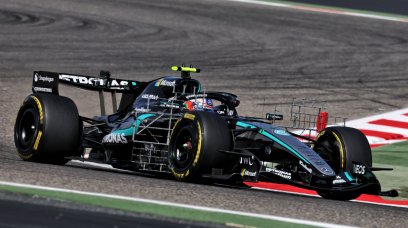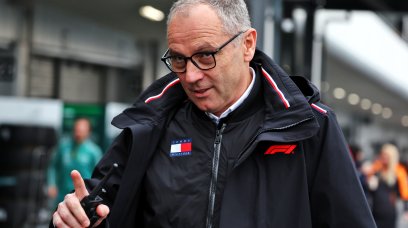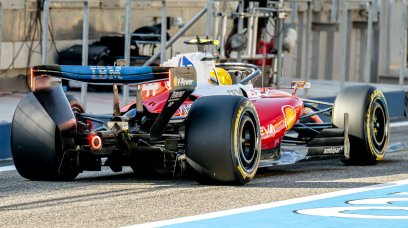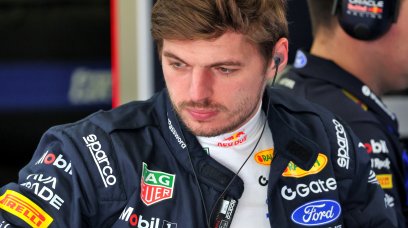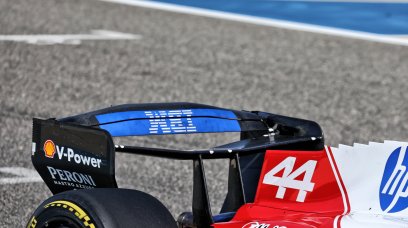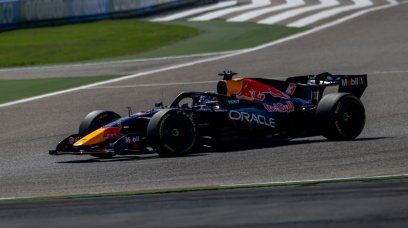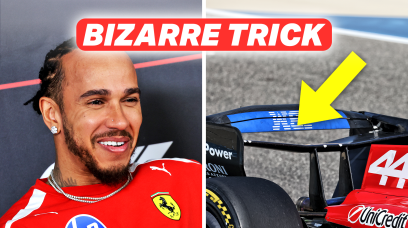Williams chief technical officer Pat Fry has suggested the FIA should adopt an "escalator" approach to fixing F1's weight problem. Cars in the series have become increasingly heavy in recent years, with the spiralling weight, as well as size of the cars, generally considered to be preventing better racing and more overtaking. The 2026 F1 regulations aim to tackle that problem by committing to a 30kg reduction in overall weight. However, how that target will be achieved is a matter of debate, with Alexander Albon suggesting the onus is being shifted onto the teams . The new power unit rules will see engines become around 30kg heavier, meaning the total weight loss needed is thought to be roughly 60kg to reach the minimum limit, which Fry has identified as one of the main hurdles to overcome. "There are other challenges with the rules, particularly on the weight side of things," he told media including RacingNews365 , before highlighting how the FIA and F1 could address the issue. "It's almost as if we're driving blindly down the 'well if we can make the car lighter, it will go quicker [road]' and ignoring the fact that hardly anyone's ever going to get anywhere close to it. And, the closer you get, the more expensive it gets. "You almost need to come up with a target that is hard, but achievable, and then drive it down year-after-year afterwards - so you have like an escalator or something to recover it."
There have been some concerns throughout the paddock that the 2026 regulations, when taken as the sum of the individual measures, will lead to a considerable increase in lap times, with talk of F1 slipping towards the pace of F2 and other series - something Williams team principal James Vowles is keen to safeguard against . However, despite the "absolutely massive" and "monumental" challenge of tackling the weight issue, as Fry describes it, he is confident F1 will remain quicker. Although, he does concede the predicted lap times currently seen for 2026 onwards are a step backwards at the moment. "Well, certainly from what I've seen, it's not slower than Formula Two," the 60-year-old said. "It's still a chunk quicker than Formula Two. "What are we, 12 [or] 13 seconds quicker than Formula Two at some events - something like that, obviously varies. So, it's still going to be a little quicker. But it is a lot slower than where we are now."
Most read
